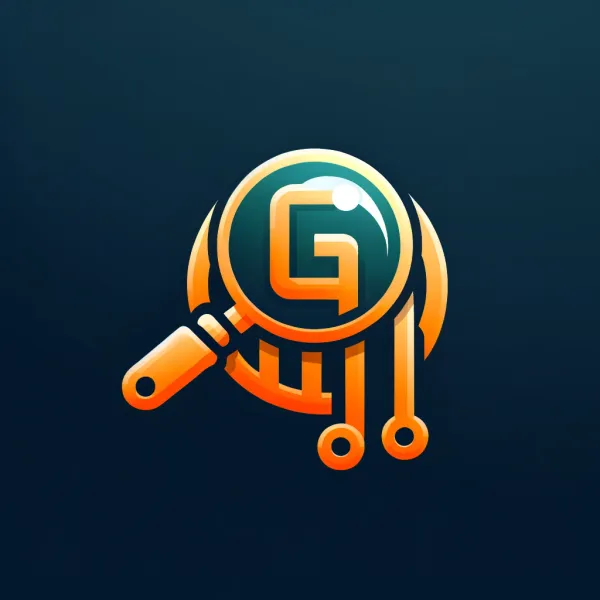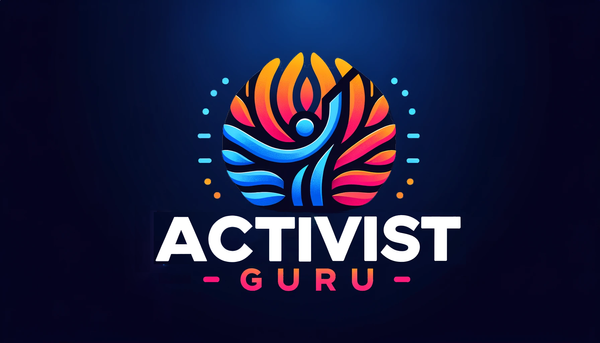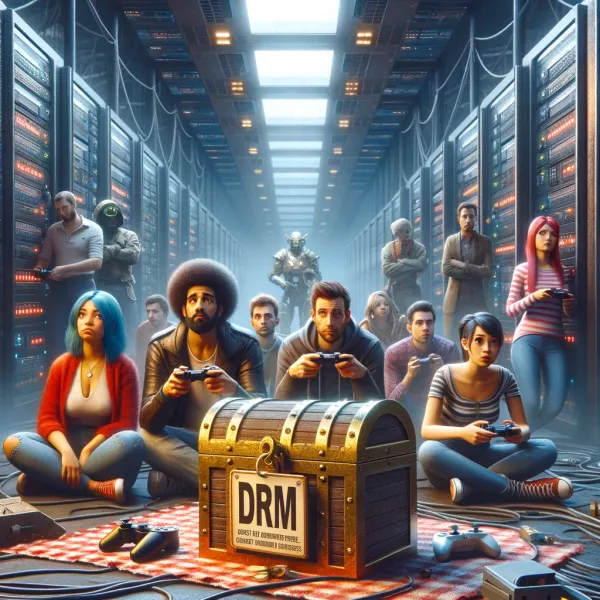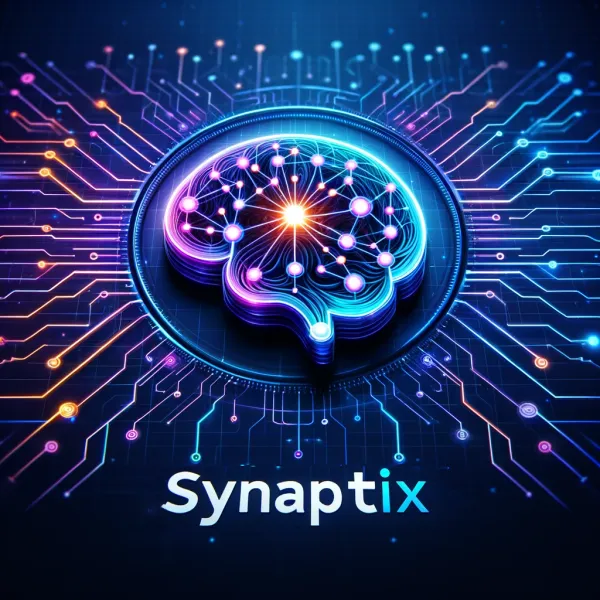Revolutionizing Education: How ChatGPT is Shaping the Future of Learning

In the wake of OpenAI’s launch of ChatGPT in November 2022, concerns about its potential to facilitate cheating and undermine the education system were widespread. However, as the dust settles and educators take a closer look, a more nuanced perspective emerges. Rather than being solely a tool for dishonesty, many educators are beginning to see the potential for generative AI, like ChatGPT, to enhance the learning experience and reshape the landscape of education.
Initially, schools and universities reacted swiftly by banning ChatGPT due to fears of its use for plagiarism and cheating. School districts and universities across the English-speaking world, including in the United States and Australia, blocked access to the tool. However, as time has passed, teachers and educational experts are reconsidering their stance. Rather than focusing solely on its negative potential, they are exploring how chatbots and AI could be harnessed to improve various aspects of education.
Advanced chatbots have the potential to serve as valuable classroom aids, enhancing interactivity and engagement in lessons. By teaching students media literacy and promoting critical thinking skills, these AI tools could facilitate more in-depth learning experiences. Furthermore, personalized lesson plans generated by AI could save teachers time on administrative tasks, allowing them to focus more on student engagement and educational innovation.
Prominent educational technology companies such as Duolingo and Quizlet have already integrated ChatGPT into their applications, indicating a shift towards exploring the potential benefits of AI in education. OpenAI, the creator of ChatGPT, has collaborated with educators to develop resources that shed light on the tool’s potential impact in classrooms. While concerns about misuse and cheating are valid, the conversation is expanding to encompass the positive ways in which AI can enhance learning.
One crucial aspect highlighted by educators is the need to adapt teaching methods to the changing landscape of technology. Rather than resisting AI tools, educators can explore ways to incorporate them into the curriculum effectively. ChatGPT’s ability to generate text and facilitate discussions has led to innovative teaching approaches. For instance, educators are finding ways to leverage AI-generated text for assignments, encouraging students to critically evaluate and engage with the content.
Furthermore, the potential of chatbots to generate personalized learning materials for students with different needs and preferences is promising. Chatbots could revolutionize the way textbooks are used, offering students tailored quizzes, discussions, and explanations based on their individual learning styles. This personalized approach has the potential to address the diverse needs of students, making learning more accessible and engaging.
The incorporation of AI tools also signals a shift in the role of educators. Rather than being the sole source of information, teachers are evolving into facilitators of learning. They guide students in navigating the vast amount of information available online, helping them differentiate between reliable and biased sources. Teachers are also finding value in the errors and biases that AI-generated content may contain, using them as opportunities for critical discussions on media literacy and bias.
While the challenges of AI in education are acknowledged, educators are becoming more open to embracing change and innovation. As AI technology continues to advance, educators are tasked with finding creative ways to integrate it effectively into the classroom. While concerns about cheating remain, the potential for AI to enhance student engagement, critical thinking, and personalized learning experiences cannot be ignored. As we navigate this new era of education, it’s important to strike a balance between caution and embracing the transformative possibilities that AI offers.




